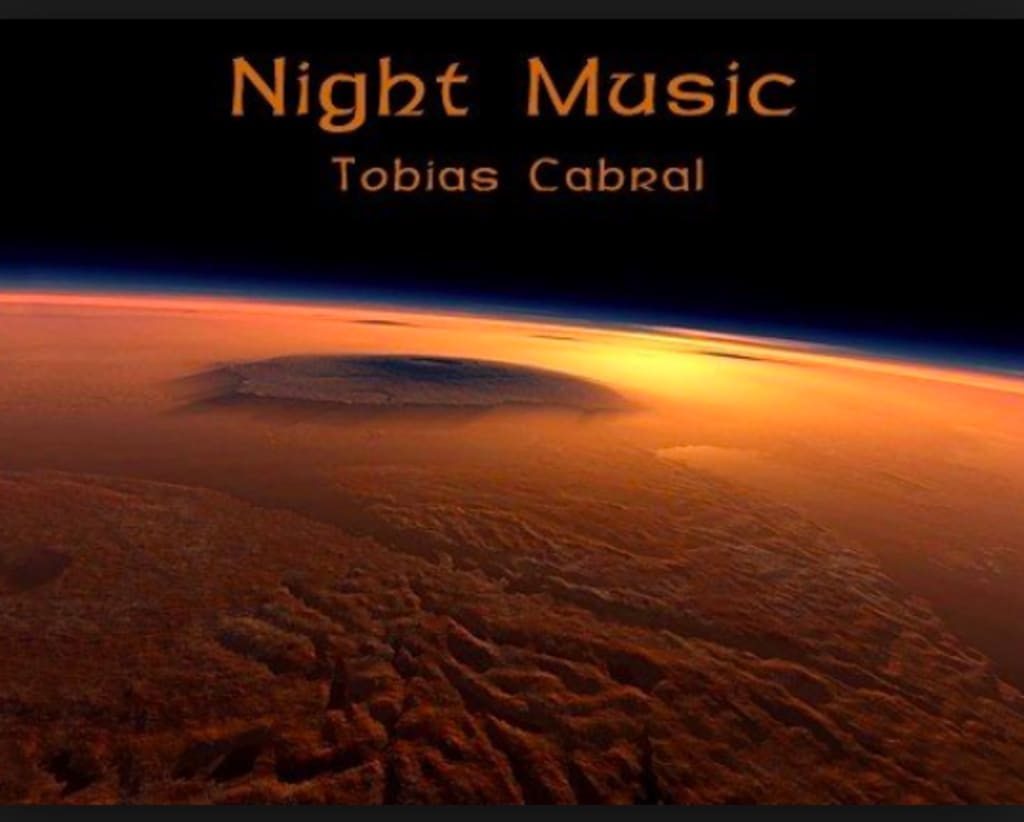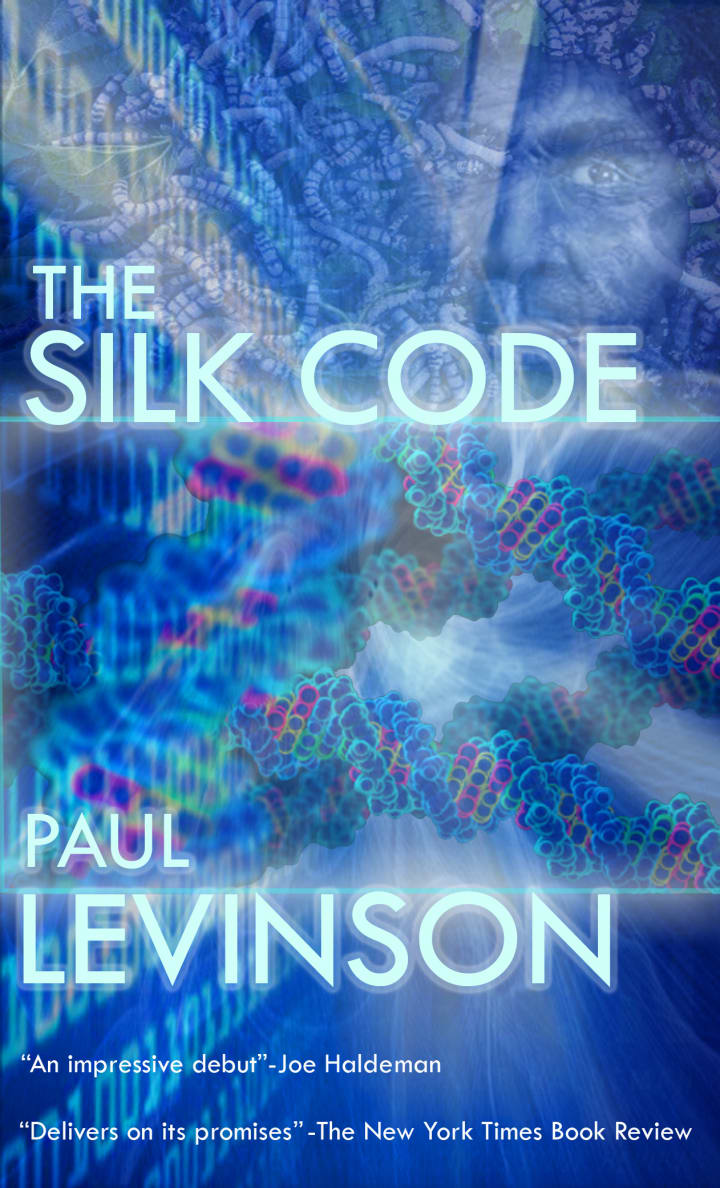Review of Tobias Cabral's 'Night Music'
A Dose of Hard SF, Wash It Down with Rock 'n' Roll

Well, it's not quite rock 'n' roll, but there's definitely crucial music in Tobias Cabral's short 2009 novel (136 pages) Night Music, which is all about what happens at Zubrin Base on Mars.
And there's lots of science. Although the genre is called science fiction, there's usually precious little hard science in the fiction we read under that moniker. I've often said that Asimov's Foundation trilogy, for example, which I consider the greatest science fiction ever written, is really more philosophy-of-science fiction than science fiction. Hal Clement's work, to stay with the golden age, is a rarity in that hard science actually plays a pivotal role in the stories he tells.
Cabral does this as well in Night Music. It's not that hard science is a determining factor in this narrative. It's that what happens on Zubrin Base, and the expedition to go out there to investigate, is told by science at every step, and accompanied by scientific details and explanations at every turn.
I don't want to say too much about the determinative role of the music, lest I give away the plot. But I will say that, back here on Earth, I've been captivated by the hypothesis that we humans could sing before we could speak. That's why, for example, I had my Neanderthals communicating via music in The Silk Code. In Night Music, the acoustic is more akin to the music of the spheres. But the novel is also about beginnings, the commencement of human interaction with another intelligent life-form.
It's praise, in my book, to say that Night Music could have been written, in terms of its style and structure, in the 1950s, even though its content is much more current. If you have a taste for this kind of story-telling, pick up a little Night Music, an at-once profound and refreshing treat.

About the Creator
Paul Levinson
Novels The Silk Code & The Plot To Save Socrates; LPs Twice Upon A Rhyme & Welcome Up; nonfiction The Soft Edge & Digital McLuhan, translated into 15 languages. Best-known short story: The Chronology Protection Case; Prof, Fordham Univ.






Comments
There are no comments for this story
Be the first to respond and start the conversation.